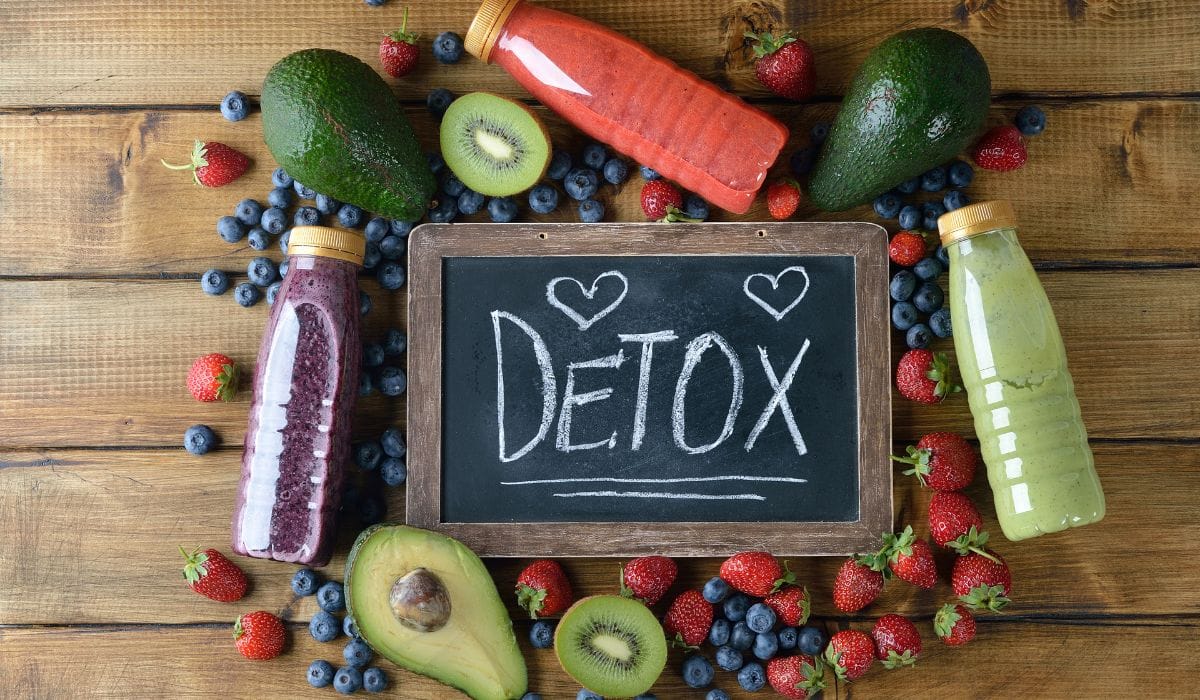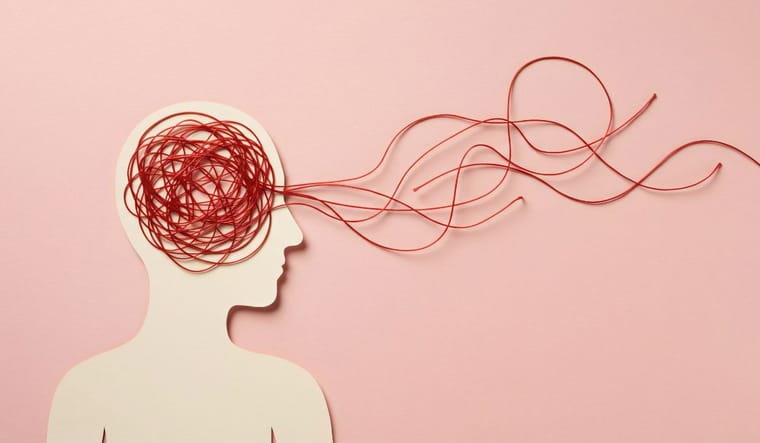The Surprising Ways Everyday Chemicals Impact Our Health

Did you like listening to this article? We want to know more about your listening experience.
The news headlines about common chemicals and their serious impact on our health feels never-ending these days. “Forever chemicals” are associated with increased rates of cancer, obesity, liver and kidney disease, and many more health conditions. Microplastics have been linked with multiple poor health outcomes, including cardiovascular disease and low male fertility.
Recent research found the human brain may contain as much as a spoon’s worth of nanoplastics, which accumulate over time and may contribute to neurological diseases. And just this week, another new study found that common chemicals in plastic were linked to more than 350,000 deaths from heart disease.
It’s clear that we are inundated with these chemicals and that they may pose serious risks to our health. What often feels less straightforward is what we can do to reduce our exposure.
Enter Aly Cohen, MD, an integrative rheumatologist and founder of The Smart Human platform, which is dedicated to educating the public on environmental health concerns. In her new book, Detoxify: The Everyday Chemicals Harming Your Immune System and How to Defend Against Them, she offers a game plan this moment calls for, filled with practical guidance on what really moves the needle when it comes to minimizing our exposure.
Dr. Cohen’s message is empowering: “Regulations and scientific findings are always evolving, but you don’t have to wait for a new study or food dye ban to make simple changes that really do make a difference when it comes to your exposure to harmful chemicals,” she says. “You don’t have to wait to be saved. You have everything you need to make informed choices and changes that can protect your health now.”
Read on for exactly where to start.
A CONVERSATION WITH ALY COHEN, MD
Most of us are overwhelmed by the news about how common chemicals are negatively impacting our health. Where do we start when it comes to limiting our exposure?
I start with high yield changes, which means exposures you’re getting on a day-to-day basis.
I believe drinking water is the most unrecognized contributor to human health conditions. Drinking water, by volume, is something we cannot live without. As human beings, we need clean water, and yet we don’t think much about it or recognize its powerful impact on our health. This is why I often recommend the first place to start is to make sure you’re drinking filtered water.
What are these chemicals in our water and other products we’re using, and why are they so harmful?
There are approximately 95,000 synthetic chemicals that are human made and in all of our products—from our foods and food packaging to our cosmetics, clothing, and so much more. For many years, we thought these chemicals impacted our hormones, and that those endocrine system effects were the primary cause of disease. Now, we know these chemicals affect our immune system in powerful ways. We know there are many interconnections between the endocrine and immune systems—and that these chemicals can disrupt the function of both systems.
The health impacts of exposure to these chemicals are potentially vast—from autoimmune conditions such as rheumatoid arthritis and asthma to allergies, dermatitis, and so much more.
We know that humans were never meant to be around these chemicals. It’s only been 75 years since we’ve been exposed to 95,000 chemicals, and yet we’ve been living on this planet for 4.5 million years. That’s a lot of change—and a lot of exposure—for the human body to handle.
You offer a roadmap that can help us navigate the chemicals we’ll inevitably be exposed to throughout our lives, breaking it down into four As. Can you walk us through these?
The four A’s are really simple:
No. 1: Assess. In my new book, I include a 50-question environmental health survey that everyone can take so you get a general sense of your exposure.
No. 2: Avoid. Once you know where your top exposures to these chemicals are coming from, you can decide what you’re able to avoid and find cleaner, safer versions for the stuff you love and don’t want to give up.
No. 3: Add. When it comes to our chemical exposure, it’s not just about what we need to avoid, but also what we need to put into our bodies and add to our lifestyle to amp up our body’s natural detoxification processes. Eating more nutrient-rich foods, sweating (either via exercise or sauna), and getting enough good quality sleep are all things we can do to support our detox processes.
No. 4: Allow. I often joke that this A is my excuse for coloring my hair and watching my kids play lacrosse on a field that’s toxic. We need to understand that detoxifying from these ubiquitous, common chemicals is a journey. It’s okay to dye your hair, eat the birthday cake, drink water out of a plastic bottle when you’re traveling. The idea is that if you don’t allow these scenarios to happen, you won’t take any of the steps that can help you limit what you’re exposed to.
A Sunday Paper Exclusive: Dr. Aly Cohen’s 7-Day Detox Plan
Want to jumpstart your detox from harmful chemicals? Dr. Aly Cohen says you can start this week. Here’s your plan.
Day 1: Assess & Identify
Review your diet, personal-care products, cleaning supplies, and home/work environments for exposures to chemicals, and list any symptoms you want to address (for example, fatigue, headaches, skin issues).
Day 2: Eliminate Major Toxin Sources
Begin removing common toxins from your diet, such as processed foods, and replace personal-care products with fragrance-free options.
Day 3: Water & Air Detox
Install a water filter, stay hydrated with filtered water, and ensure good air quality by adding air-purifying plants and an air filter. For Dr. Cohen’s water filter recommendations, check out Detoxify.
Day 4: Focus on Food & Nutrients
Stock your pantry and fridge with whole, organic, unprocessed foods and choose detox-supporting foods.
Day 5: Sweat It Out
Engage in exercise that gets you sweating, such as a brisk walk, hot yoga, or a cardio class. You can also sit in a sauna!
Day 6: Sleep & Stress Support
Set a sleep routine: Go to bed and wake up at the same time each night to get the sleep you need.
Day 7: Integrate & Sustain
Reassess your home, habits, and body. What has improved? Identify which changes you want to continue long-term.
For important worksheets, graphs, and checklists, check out Dr. Cohen’s new book Detoxify, on-sale May 6th!

For more resources and tips, you can follow Dr. Cohen on social media @thesmarthuman and check out her podcasts and educational resources for all ages at thesmarthuman.com.
Please note that we may receive affiliate commissions from the sales of linked products.



